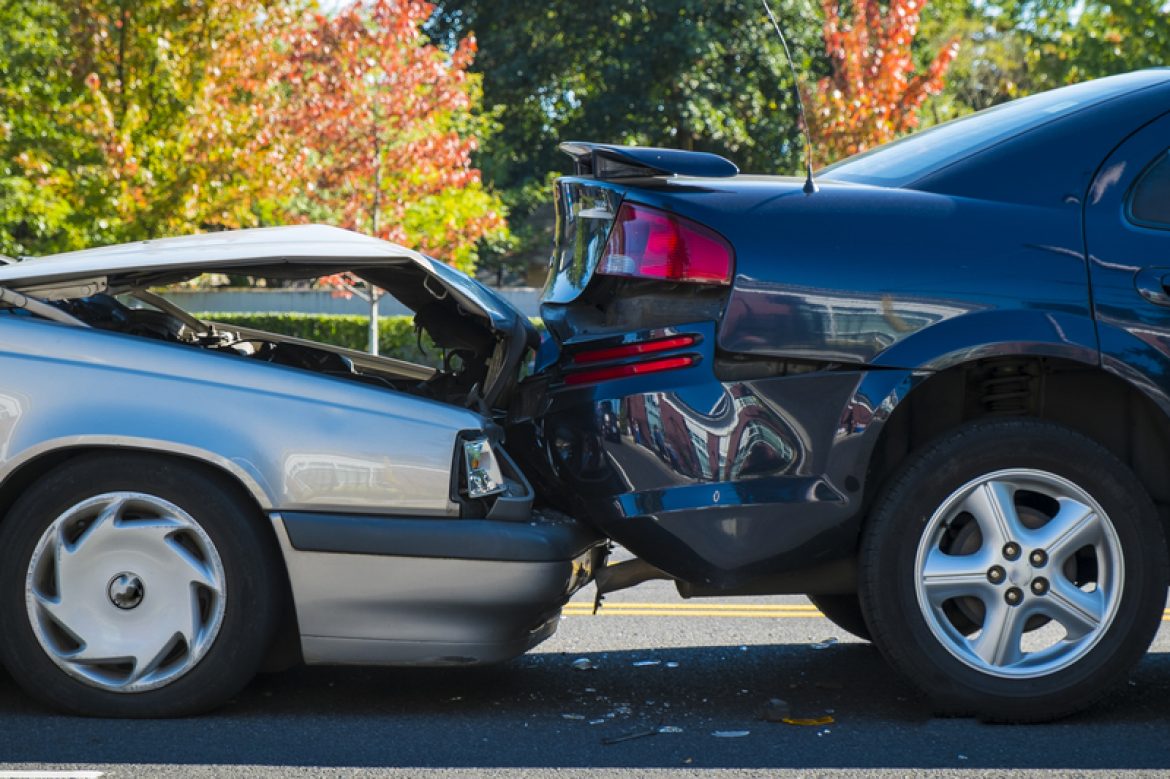You Just Got Injured in an Auto Accident. Now What?

We all fear getting into an auto accident—especially those where we experience an injury. Car accidents can happen anytime, anywhere, and you never know what kind of driver behavior will lead to a sudden crash.
However, you need to have a plan if you get injured. As long as you’re conscious and able to think, there are a few key steps you need to take. These steps will help protect your safety, health, and finances in case your injury ends up costing you a lot of money through medical bills and lost wages.
Call 911.
Before you do anything else, call 911 to get the police and an ambulance to the scene of the accident. That’s because you need to do two important things:
- Make sure you get the right medical attention. If your injuries are severe or serious, you need to get to a hospital. And even if your injuries don’t seem serious, shock and adrenaline can fool you. Allow EMTs to at least check you out.
- Make sure a police officer arrives to write up a report. Later, you will need a police report to clearly show what happened and who was at fault. Without a police report, you may not have enough evidence to get money for damages.
Remember, your safety comes first, so call 911 right away.
Collect contact information from the at-fault driver.
You need to collect the right contact information from the person who caused the accident. If the person is uncooperative, that’s why you call the police (see #1 above). A police officer will force the at-fault driver to cooperate.
When collecting information, make sure you get:
- Name and address
- Phone number (and an email address is great too)
- Driver’s license number
- Insurance information
Capture as many details about the scene as possible.
While a police report is handy, it won’t give you all of the details you need. You may be in shock from your injury or need to leave in an ambulance, but make sure you, your passenger, or another trusted person captures as many details about the accident as possible.
Don’t trust your memory. Write down or audio record details, take pictures, and record video. Your smartphone should have an audio recorder and camera built into it.
Don’t forget witnesses.
Get the contact information of witnesses who saw your accident so that you can build a stronger case. Passengers, other drivers, people walking outside, and even people inside buildings all may be good witnesses. If your injuries are too severe or serious to talk to witnesses, have a trusted person help you do it.
Get medical care—even after you’re released from a hospital or emergency room.
Let’s say you’re injured but okay enough to get released from the hospital, or your injuries didn’t seem bad enough to go to the hospital. See your doctor as soon as possible! Without medical documentation, your injuries don’t matter to an insurance company or court. If necessary, see any specialists who your doctor recommends and go to all appointments. If you don’t, you will most likely not win any settlement or award.
Call an attorney before you talk to an insurance company.
Even if your injuries don’t seem bad enough to get more money beyond what your insurance gives you, call an attorney anyway. If you call an insurance company too soon, they may get you to make a statement that makes it seem like the accident was your fault or that you share the blame.
An attorney will help you figure out if your personal injuries mean you have a good chance of getting a settlement or award that pays for your medical bills, lost wages, and long-term pain and suffering. They will evaluate your situation, help you talk to any insurance companies, and possibly help you get damages that help pay for your expenses.
—
Most importantly, if you’re too injured to handle any of these steps yourself, have a trusted contact—like a family member or friend—arrive on the scene to help out. Your personal injuries may be severe enough that you need extra money to take care of your medical expenses and day-to-day bills if you lose income. But you need the right information, evidence, witnesses, and medical documentation to do it.
Injured in an auto accident? Call us today for a free consultation.
